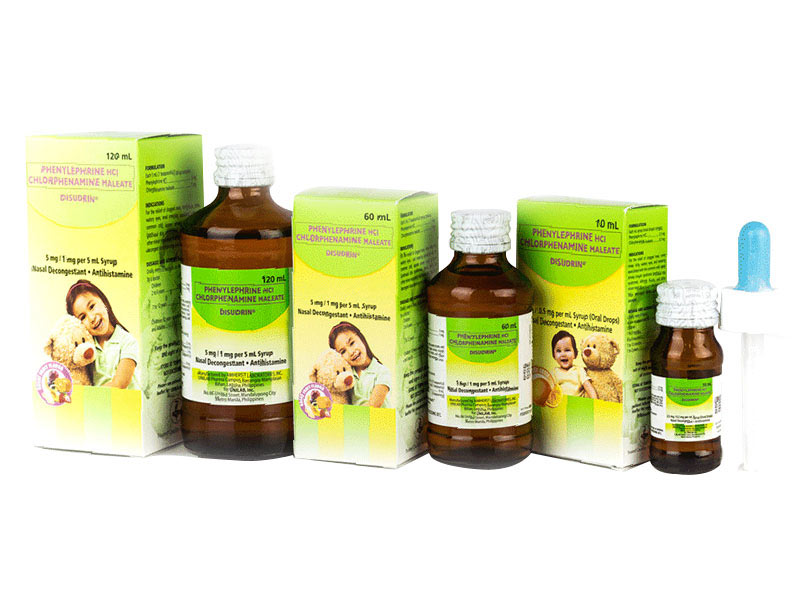Choosing the Right Decongestant for Kids A Parent’s Guide
Welcome to our comprehensive guide on finding the right decongestant for kids. If you’ve ever wondered about the safety and effectiveness of decongestant options for children, you’re in the right place. We’ll explore this important topic, providing insights and guidance to help your little ones find relief from congestion.

Common Cold Symptoms in Kids
Understanding the Common Cold: Symptoms Your Child May Experience
Before we dive into decongestant options, let’s familiarize ourselves with the common cold and its impact on kids. From runny noses to coughs and sneezes, we’ll provide a comprehensive overview of the symptoms parents often encounter.
Types of Decongestants
Navigating Decongestant Options for Kids: What You Need to Know
When it comes to choosing a decongestant for your child, knowledge is key. In this section, we’ll explore the different types of decongestants available for children. Understanding these options will empower you to make informed decisions based on your child’s unique needs.
Safe Decongestants for Kids
Choosing Wisely: Safe Decongestants for Your Child
When it comes to your child’s health, safety is paramount. In this section, we’ll provide you with a curated list of decongestants considered safe and effective for children. We’ll also discuss factors to consider when making your selection, ensuring that your child receives the care they need.
Dosage and Administration
Precise Care: Dosage and Proper Administration of Kids’ Decongestants
Giving your child the right dose of a decongestant is crucial for their well-being. In this section, we’ll guide you through the correct dosage and administration techniques. We’ll also touch on considerations for different age groups to ensure your child receives the optimal relief they need.
Potential Side Effects and Risks
While decongestants can provide relief, they are not without potential side effects. In this section, we’ll discuss the risks associated with using decongestants in children. Being informed about possible adverse effects ensures you can make decisions in the best interest of your child’s health.
Home Remedies and Alternatives
Gentle Solutions: Home Remedies and Alternatives for Kids’ Congestion
In addition to decongestants, there are gentle and natural remedies to consider. In this section, we’ll explore alternative methods for alleviating congestion in children. Discover home remedies and lifestyle adjustments that can provide comfort and relief to your little one.
When to Consult a Pediatrician
Seeking Professional Guidance: When It’s Time to Consult a Pediatrician
While many cases of congestion can be managed at home, there are instances when professional guidance is crucial. In this section, we’ll discuss the red flags and symptoms that warrant a consultation with a pediatrician. Your child’s health is our priority, and knowing when to seek expert advice is essential.
Frequently Asked Questions (FAQs) About Decongestants for Kids
1. Are decongestants safe for children?
Decongestants can be safe for children when used according to recommended guidelines and under a healthcare provider’s guidance. Always consult with a pediatrician before giving decongestants to your child.
2. What age is suitable for using decongestants in kids?
Decongestants may be considered for children over the age of 4, but it’s crucial to follow dosage instructions based on your child’s age and weight.
3. Can I give my child the same decongestant I use as an adult?
No, it’s not advisable to give an adult decongestant to a child. Pediatric formulations are specifically designed for kids and are safer and more appropriate for their needs.
4. How do I determine the right dosage for my child’s age?
The correct dosage varies by age and weight. Always read the product label or consult with a healthcare professional for precise dosing instructions.
5. Are there natural alternatives to decongestants for children?
Yes, there are natural remedies such as saline nasal sprays, humidifiers, and steam inhalation that can help relieve congestion in children without medication.
6. Can decongestants help with allergies in children?
Decongestants may provide temporary relief for allergy-related congestion in children, but it’s essential to address the underlying allergy triggers with guidance from a healthcare provider.
7. What are the potential side effects of children’s decongestants?
Common side effects can include restlessness, nervousness, and increased heart rate. Always monitor your child closely and consult with a doctor if any concerning symptoms occur.
8. Can I use expired children’s decongestant medication?
It’s not recommended to use expired medication, including decongestants, as their effectiveness and safety may be compromised. Dispose of expired medication properly.
9. How long should I continue giving my child decongestants?
Decongestants are typically used for short-term relief. Consult with a healthcare provider if congestion persists beyond the recommended usage period.
10. What should I do if my child has an adverse reaction to a decongestant?
If your child experiences an adverse reaction, such as severe restlessness or difficulty breathing, seek immediate medical attention. It’s essential to act swiftly in such cases.
Conclusion:
As we conclude our journey through the world of decongestants for kids, it’s essential to remember that your child’s health is of utmost importance. We’ve explored safe decongestant options, proper administration, potential side effects, and alternative solutions.




